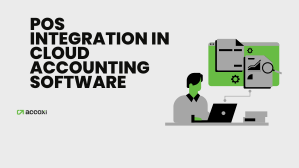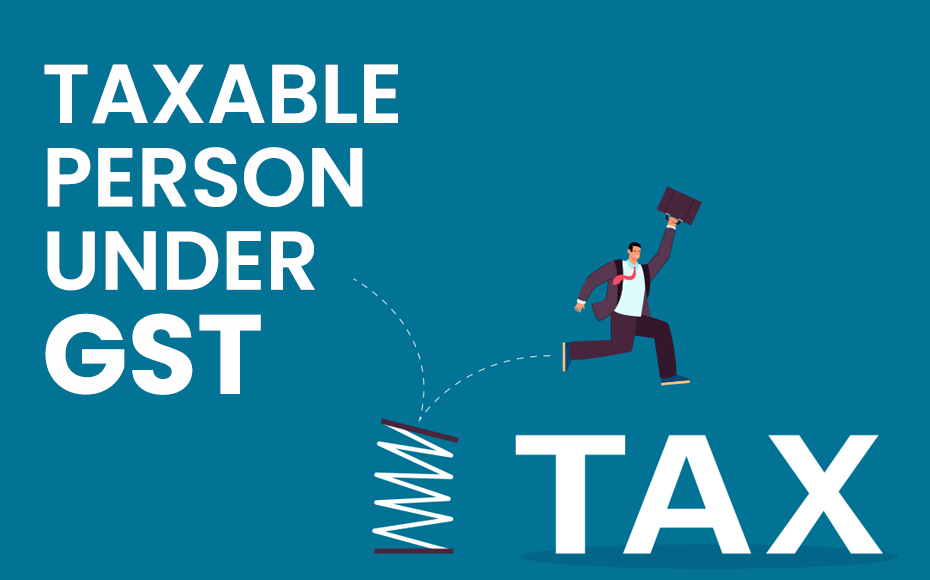

May 08, 2020

Outsourcing has become a profoundly preferred business for large entities. When there are large numbers of operations to undertake, outsourcing is the feasible option that companies can go for owing to the following reasons:
Job Work in GST is relevant in today’s manufacturing industries as more of them are outsourcing their processes to job workers. Let us have a better comprehension of Job Work in GST…
Job work refers to any treatment or process undertaken by a person on goods that actually belongs to another person who is a registered taxpayer. The individual to whom goods belong is called the ‘principal’ and the person who treats or processes the goods belonging to the ‘principal’ is called the ‘job worker’.
The definition of job work as per the notification under Tax regime clearly says that it has to ensure that the activities under job work must quantify to manufacture. In this perspective, the definition of job work itself reflects the change in job work mentioned in basic taxation scheme under the recommended GST regime.
Are goods sent by ‘principal’ to a Job Worker GST taxable? These supplies made between ‘principal’ and job workers include all forms of supply such as sale, transfer etc. Those job works assigned by the ’principal’ to the job worker which subsequently is assigned to other job worker(s). The ‘principal’ can be intimate or subject to conditions based on which inputs/capital goods without payment of tax, from the place of business of a job worker on payment of tax within India or with or without payment of tax for export if:
Bring back such inputs/capital goods after completion of job work or otherwise within 1 year or 3 years of their being sent out (or)
Supply such inputs/capital goods after completion of job work or otherwise within 1 year or 3 years of their being sent out
However, those job worker(s) whose aggregate turnover is more than the threshold limit is mandated to attain registration. The turnover of the job worker refers to the value of goods or services used by the job worker for carrying out the job work. Besides, the goods of principal directly supplied from the job worker’s premises will be included in the aggregate turnover of the principal.
ITC credit can be availed by the ‘principal’ for taxes paid on inputs or capital goods either sent to a job worker after receiving them at his place of business or when directly sent to a job worker without their being first brought to his place of business. However, the inputs or capital goods, after completion of job work, are required to be received back or supplied from job worker’s premises, as the case may be, within a period of one year or three years of their being sent out.
If the ‘principal’ fails to receive back or are not received by the job worker in the prescribed time, then the ‘principal’ would be liable to pay the tax accordingly.
No special procedure is applicable to the ‘principal’. The inputs or capital goods can be sent simply after paying the GST. In this case, the job worker should claim the ITC and supply back the processed goods, after paying GST.
The job worker and ‘principal’ need not be located in the same State or Union Territory. This is because the provisions relating to job work has been accepted in the IGST Act and the UTGST Act. Therefore, the job worker and the ‘principal’ can be located in the same state or same UT or different state or different UTs.




